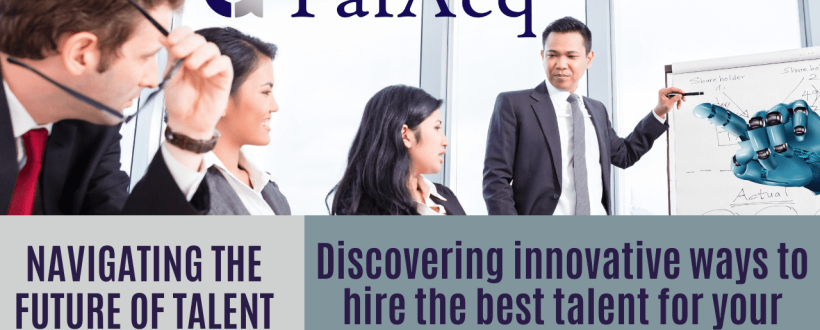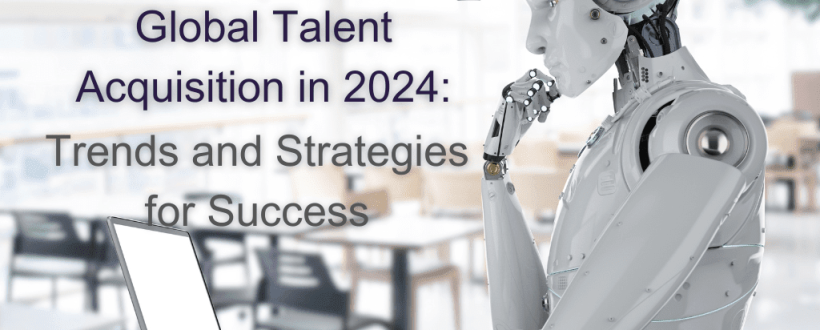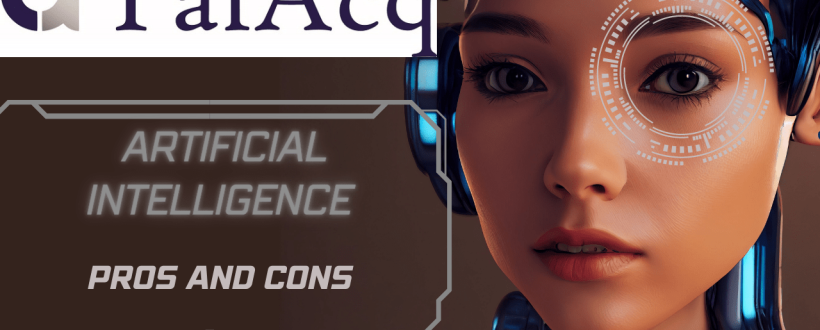The Pros and Cons
In today’s rapidly evolving job market, candidates are constantly seeking ways to stand out from the crowd. With the emergence of artificial intelligence (AI) tools like ChatGPT, individuals are leveraging technology to enhance their resumes/CVs and create impressive project portfolios. However, as AI becomes more prevalent in the recruitment process, it raises questions about its effectiveness and potential drawbacks. Here at TalAcq we have had a recent case where two candidates submitted projects for the same position that were very similar and had we not had the projects submitted to us before the client it could have been, awkward to say the least.
In this blog post, we will explore the pros and cons of using AI for resume/CV writing and project creation, shedding light on its impact on both candidates and recruitment agencies like TalAcq.
Pros:
- Efficiency: AI-powered tools like ChatGPT can significantly speed up the resume/CV writing process. Candidates can quickly generate content tailored to specific job descriptions, saving time and effort.
- Customisation: AI allows candidates to customize their resumes/CVs to match the requirements of each position they apply for. By analyzing job descriptions and industry trends, AI tools can suggest relevant keywords and highlight key skills and experiences.
- Professionalism: AI-generated resumes/CVs often exhibit a high level of professionalism and consistency in formatting and language usage. This can create a positive impression on recruiters and hiring managers, enhancing the candidate’s credibility.
- Skill Enhancement: Candidates can use AI to identify areas for skill improvement and professional development. By analyzing the language and content of AI-generated resumes/CVs, individuals can gain insights into industry-specific terminology and best practices.
- Accessibility: AI tools make resume/CV writing and project creation accessible to a wider range of candidates, including those with limited writing skills or experience. This democratization of the recruitment process can level the playing field for job seekers.
Cons:
- Lack of Authenticity: One of the primary concerns with AI-generated resumes/CVs is the potential lack of authenticity. Recruiters may question the sincerity and genuine capabilities of candidates who rely heavily on AI tools for content creation.
- Over-reliance on Templates: While AI can assist with content generation, candidates may become overly reliant on pre-designed templates and formats. This can result in generic resumes/CVs that fail to effectively showcase the candidate’s unique skills and experiences.
- Limited Creativity: AI tools may lack the creativity and intuition of human writers, resulting in resumes/CVs that lack originality and fail to capture the attention of recruiters. Candidates risk blending into the crowd rather than standing out as innovative and dynamic professionals.
- Bias and Inaccuracy: AI algorithms are not immune to biases and inaccuracies, which can manifest in the content generated for resumes/CVs. Candidates may inadvertently perpetuate stereotypes or inaccurately represent their skills and experiences, leading to potential misinterpretations by recruiters.
- Dependency on Technology: Over-reliance on AI tools for resume/CV writing and project creation may diminish candidates’ ability to think critically and communicate effectively. In an increasingly automated world, it’s essential for individuals to develop and demonstrate essential soft skills beyond technological proficiency.
In conclusion, the use of AI in resume/CV writing, and project creation offers both advantages and challenges for candidates and recruitment agencies like TalAcq. While AI can streamline the process, enhance customization, and improve professionalism, it also raises concerns about authenticity, creativity, bias, and dependency on technology.
As AI continues to evolve, it’s crucial for candidates to strike a balance between leveraging technology and showcasing their unique talents and capabilities. Likewise, recruitment agencies must adapt their strategies to effectively evaluate candidates in the age of AI, ensuring that human judgment and intuition remain central to the hiring process.
Your thoughts would be appreciated.





